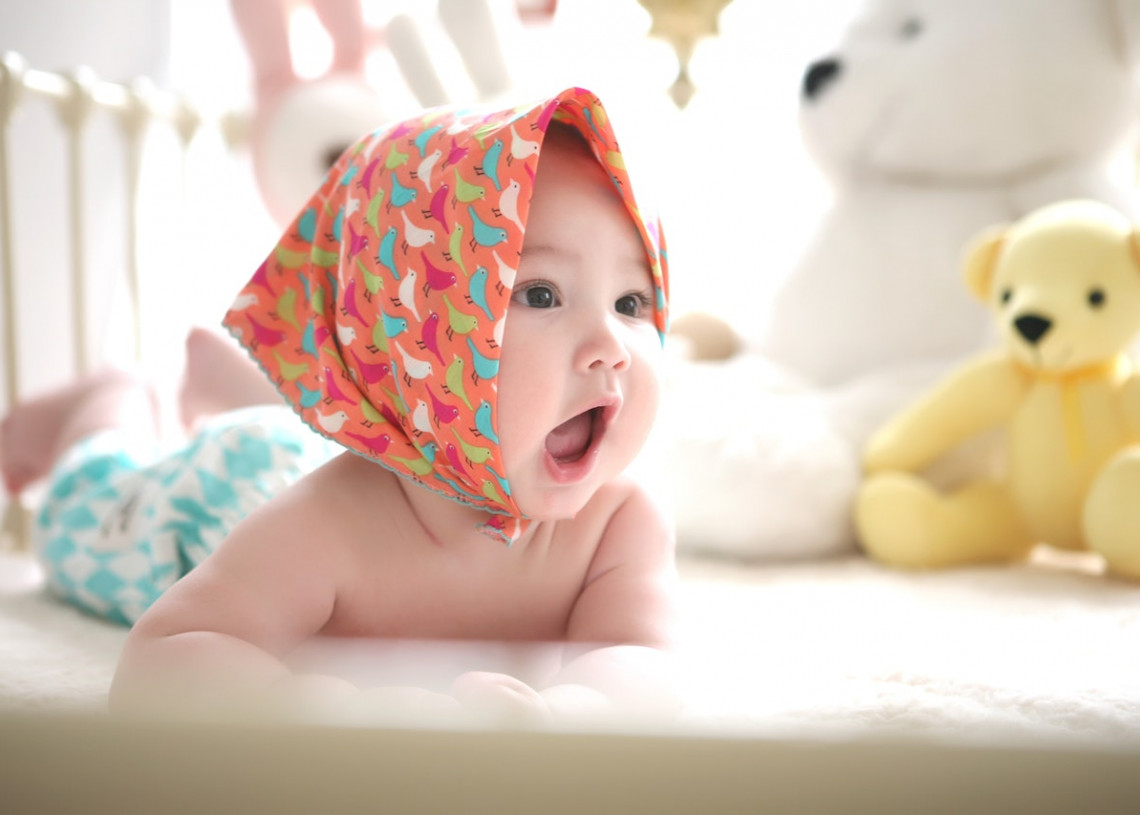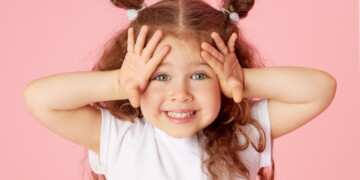Key Notes
- 20% of the global children suffer from some sort of Eczema
- Eczema Itching can get really bad if not treat properly and in a timely manner
- Try to keep oral medication as the last option when other options have failed
It creates an itchy and inflamed rash, which can be difficult to manage in babies because they lack the verbal skills to communicate their discomfort and scratching behaviors.
Although eczema starts out as a small spot on the skin, it often spreads over time and becomes much more severe. Eczema can also cause emotional stress for both parents and infants if itching is prolonged or frequent. In this post we’ll cover 8 ways to stop eczema itching in babies!
1) Be Gentle with Scratching
When babies have eczema they often scratch their skin which leads to redness and scabbing. It’s important not to make this worse by scratching any open wounds or even rubbing them too roughly on a washcloth while washing up.
This will only cause damage that could lead to infection in your baby! Use soft towels when drying off after baths and moisturize regularly without over-applying because it might be tempting for both of you due to all of the itching going on!
You don’t want skin getting rawer so let some time pass between each application if necessary before applying again.
2) Give Them a Warm Bath with a High Quality Moisturizer
Baths are a great time to apply moisturizer because it’s easy to spread around and not as messy or work intensive as rubbing in lotion.
Read the instructions on the back of your baby’s favorite soothing ointment, before applying under their clothing for added protection against further irritation.
Try bathing at night so they can get some extra rest after all of that hard play during the day!
3) Identify the Triggers
Eczema is often caused by an allergic reaction, so you’ll want to do some research on what could be triggering this for your child.
The most common triggers are dairy products, eggs or nuts but sometimes it can even come from something as simple as a new soap, laundry detergent or fabric softener.
Try eliminating one thing at a time and see how they adjust before adding anything else back in!
4) Keep Moisturized By Applying Ointments under Their Clothing during the Day Too
When babies have eczema that doesn’t respond well to moisturizer alone then use ointment under their clothes during the day too!
This will work better because it’s not quite as messy compared to using cream all over their bodies where it could get in their hair and eyes.
If you’re using a diaper rash ointment then make sure to use one that is safe for little ones under two years old!
5) Apply Wet Dressing for Fast Relief
If your baby is in a lot of discomfort, you can apply wet dressing for fast relief. This will help soothe the skin because water conducts heat away from inflamed areas easier than air alone!
Just let their skin dry before putting on any clothing to avoid getting it damp or cold, which could disturb their sleep by keeping them up shivering all night long if done too soon before bedtime!
6) Oral Medication (Strictly on advice of the doctor)
If you have tried a lot of different things and you are still unable to get rid of your child’s eczema and itching problem then may be its time for you to bring in something more powerful than wet dressing i.e.
Oral medication should never be your first choice in fact you should only go for it when all other ways have failed to cure your child’s itchiness problem.
And it should only be done on the advice of the doctor. So consult your child’s pediatrician and discuss the use oral medication with them.
7) Make Sure Your Child’s Clothes Are Comfortable and Not At All itchy
Make sure your child’s clothes are comfortable and not at all itchy. Use cotton instead of wool because this will help with absorbing sweat while keeping them dry longer!
Having tight or itchy clothes will make the eczema worse. So it is best to design a wardrobe that is befitting of your child’s skin condition.
8) Use a Humidifier to Keep the Air Moisturized
Using a humidifier to keep the air moisturized will help because dryness is one of the main triggers for eczema.
If you are not able to get your hands on any then try using some damp towels in their rooms, this way it won’t be as harsh on their skin compared to leaving them wet all night long!
Try keeping the heat low and doing what you can with daily baths too!
Are There Any Foods That Can Cause This As Well?
Well, believe it or not but there are certain food items that can make your eczema symptoms triggers.
It is usually food items like margarine, artificial ingredients, processed food, preservative containing food items and a range of other food.
So make sure to read the back of the box for ingredients to understand what you are feeding your child.
May be they are allergic to an ingredient which is causing the eczema symptoms to flare up thus increasing their itching.
If you or anyone you know has eczema then you know how bad it can get.
It is very important to react as fast as possible to your baby’s eczema itching problem. Not responding to it in a timely manner is going to make things much worse for your baby.
So not only will they be in pain but you will also feel bad seeing your child in such a painful condition.
If you follow these tips then you should be able to put a stop to the itching that has been plaguing your baby for too long now.
They’ll appreciate having their comfort back again after spending so much time in discomfort due to all the scratching they were doing before trying some new tricks!





























